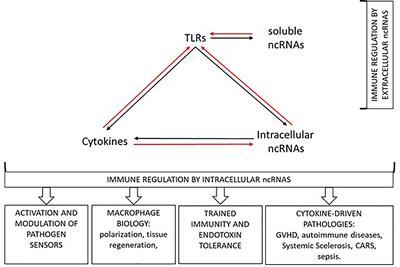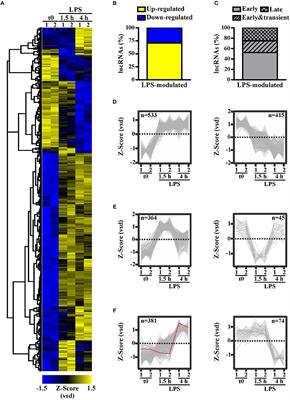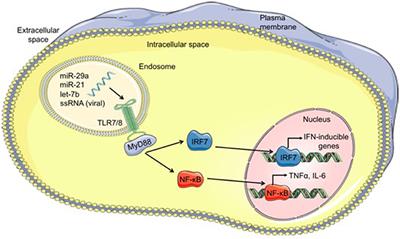EDITORIAL
Published on 15 Oct 2020
Editorial: Regulation of Soluble Immune Mediators by Non-Coding RNAs

doi 10.3389/fimmu.2020.607222
- 1,182 views
- 1 citation
36k
Total downloads
128k
Total views and downloads
EDITORIAL
Published on 15 Oct 2020

MINI REVIEW
Published on 14 May 2019

ORIGINAL RESEARCH
Published on 24 Apr 2019

REVIEW
Published on 17 Apr 2019

ORIGINAL RESEARCH
Published on 05 Apr 2019

MINI REVIEW
Published on 28 Feb 2019

ORIGINAL RESEARCH
Published on 31 Jan 2019

MINI REVIEW
Published on 29 Jan 2019

REVIEW
Published on 15 Jan 2019

MINI REVIEW
Published on 21 Dec 2018

MINI REVIEW
Published on 20 Nov 2018

MINI REVIEW
Published on 05 Nov 2018
